
Patan: The Jewel of Nepali Heritage
Patan, also known as Lalitpur, is one of the oldest and most culturally rich cities in Nepal. Located just a few kilometers south of Kathmandu, it is a must-visit for anyone interested in history, art, and architecture. The city's name, Lalitpur, means 'City of Beauty,' and it truly lives up to this title with its mesmerizing array of ancient temples, palaces, and courtyards. One of the highlights of Patan is Durbar Square, a UNESCO World Heritage Site. This historic square is home to a stunning collection of temples and monuments, each more intricate than the last. The Patan Museum, housed in a former Malla palace, offers a deep dive into the city's rich history and showcases an impressive collection of traditional Nepali art. Patan is also famous for its vibrant festivals and traditional Newari culture. The streets come alive during festivals such as Rato Machhindranath Jatra and Bunga Dyah Jatra, offering tourists a unique glimpse into local traditions and customs. Don't miss the chance to interact with the friendly locals, who are always eager to share their culture and stories. For those interested in shopping, Patan is a hub for traditional handicrafts. From intricate metalwork to beautiful paubha paintings, the city's artisans are renowned for their skill and creativity. A visit to the local markets, especially in the Patan Industrial Estate, is a must for anyone looking to take home a piece of Nepali craftsmanship.
Local tips in Patan
- Visit early in the morning to avoid the crowds at Durbar Square.
- Hire a local guide to gain deeper insights into the city's history and culture.
- Try local Newari cuisine at one of Patan's many traditional eateries.
- Check the festival calendar to experience local celebrations.
- Wear comfortable walking shoes as the streets and alleys are best explored on foot.
Neighbourhoods in Patan
Patan: The Jewel of Nepali Heritage
Patan, also known as Lalitpur, is one of the oldest and most culturally rich cities in Nepal. Located just a few kilometers south of Kathmandu, it is a must-visit for anyone interested in history, art, and architecture. The city's name, Lalitpur, means 'City of Beauty,' and it truly lives up to this title with its mesmerizing array of ancient temples, palaces, and courtyards. One of the highlights of Patan is Durbar Square, a UNESCO World Heritage Site. This historic square is home to a stunning collection of temples and monuments, each more intricate than the last. The Patan Museum, housed in a former Malla palace, offers a deep dive into the city's rich history and showcases an impressive collection of traditional Nepali art. Patan is also famous for its vibrant festivals and traditional Newari culture. The streets come alive during festivals such as Rato Machhindranath Jatra and Bunga Dyah Jatra, offering tourists a unique glimpse into local traditions and customs. Don't miss the chance to interact with the friendly locals, who are always eager to share their culture and stories. For those interested in shopping, Patan is a hub for traditional handicrafts. From intricate metalwork to beautiful paubha paintings, the city's artisans are renowned for their skill and creativity. A visit to the local markets, especially in the Patan Industrial Estate, is a must for anyone looking to take home a piece of Nepali craftsmanship.
When is the best time to go to Patan?
Iconic landmarks you can’t miss
Patan Darbar Square
Explore the architectural marvels and vibrant culture of Patan Darbar Square, a UNESCO World Heritage Site in Lalitpur, Nepal.
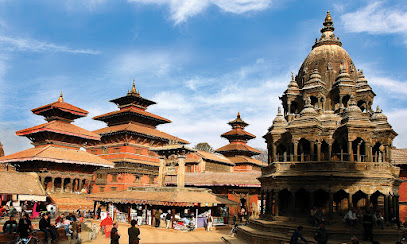
Krishna Mandir
Discover the divine beauty and intricate architecture of Krishna Mandir, a must-see Hindu temple in the heart of Lalitpur, Nepal.
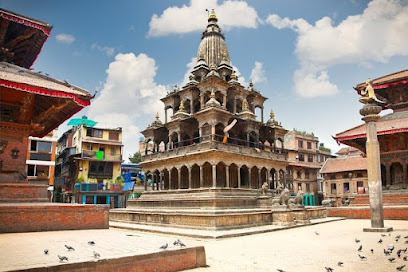
Centralzoo
Explore the vibrant wildlife and immersive exhibits at Centralzoo in Lalitpur, where adventure and education come together for an unforgettable experience.
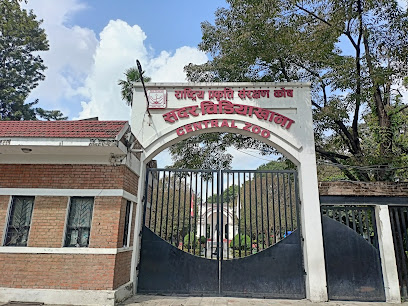
Shree Bagalamukhi Temple
Explore the spiritual essence and stunning architecture of Shree Bagalamukhi Temple in Lalitpur, a must-visit destination for culture and spirituality.
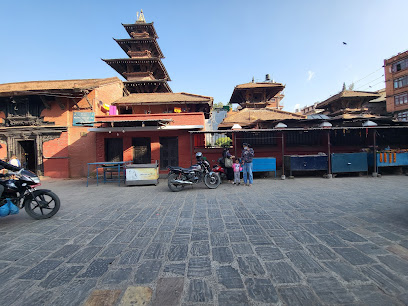
Patan Museum
Discover the artistic treasures of Nepal at Patan Museum, a UNESCO World Heritage Site rich in heritage and culture.
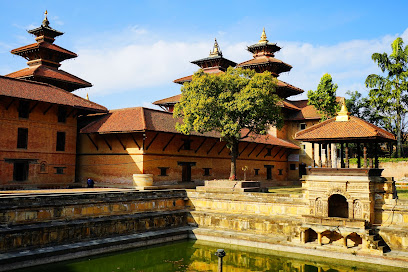
Hanuman Dhoka
Explore the majestic Hanuman Dhoka, a historical landmark in Kathmandu that embodies the rich cultural heritage of Nepal and the brilliance of its ancient dynasties.
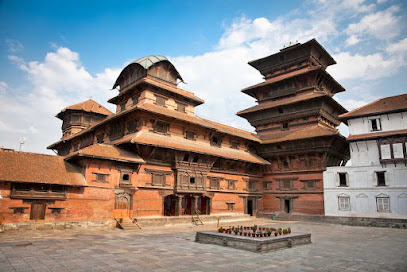
Hiranya Varna Mahavihar
Explore the majestic Hiranya Varna Mahavihar, a mesmerizing Buddhist temple in Lalitpur, showcasing stunning architecture and rich cultural heritage.
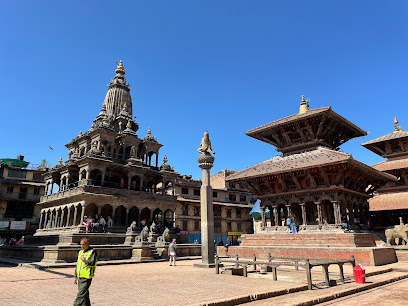
Yala Dhwakha - Patan Dhoka
Discover the historical wonders of Yala Dhwakha in Patan Dhoka, a must-visit landmark showcasing Nepal's rich cultural heritage.
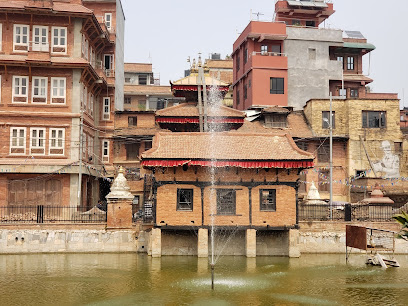
Oku Bahal Rudra Varna Mahavihar
Explore Oku Bahal Rudra Varna Mahavihar, a serene Buddhist temple in Lalitpur, rich in history and spirituality, perfect for peaceful reflection.
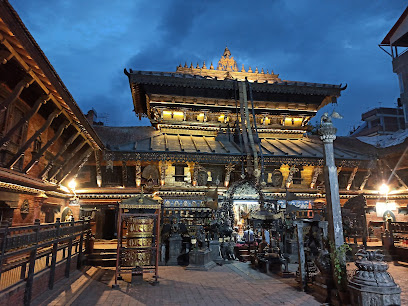
Balkumari Temple
Discover the spiritual heart of Lalitpur at Balkumari Temple, a serene Hindu sanctuary filled with rich traditions and stunning architecture.
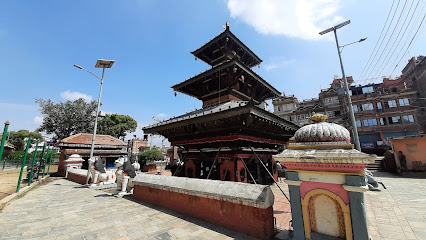
Mahabodhi Temple
Experience tranquility and cultural richness at Mahabodhi Temple, a UNESCO World Heritage Site in Lalitpur, Nepal, dedicated to the enlightenment of Buddha.
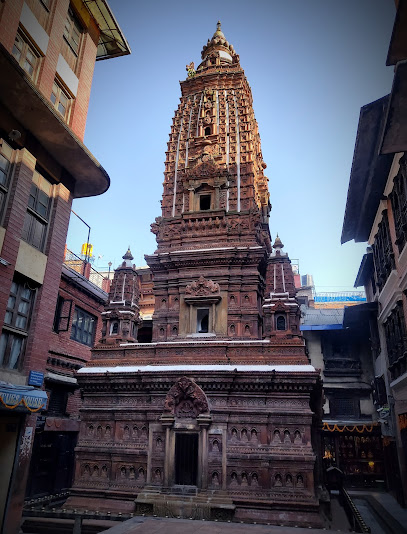
Arun Thapa Statue
Explore the cultural heritage of Lalitpur at the Arun Thapa Statue, a stunning sculpture honoring a local legend amidst the vibrant atmosphere of Nepal.
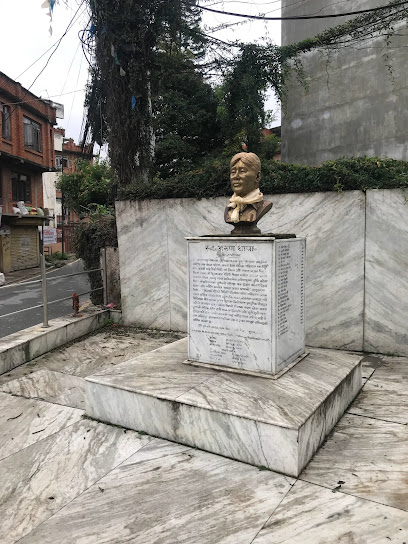
Yala Mandala
Explore the vibrant fusion of art, culture, and cuisine at Yala Mandala, a must-visit restaurant and gallery in Lalitpur, Nepal.
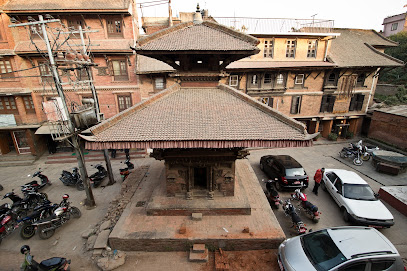
Ashok Stupa Ibahi Thura - Northern Stupa
Discover the serene beauty and historical significance of Ashok Stupa Ibahi Thura, a must-see Buddhist temple in Lalitpur, Nepal.
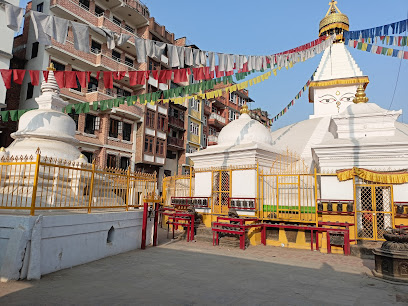
Kandevta Temple
Explore Kandevta Temple, a gem of Hindu spirituality in Lalitpur, where intricate architecture meets serene ambiance for an unforgettable cultural experience.
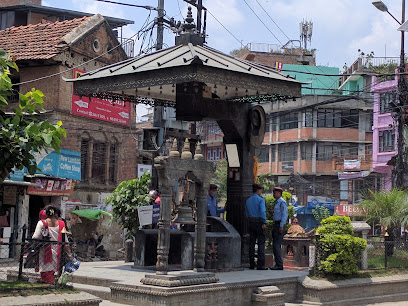
Unmissable attractions to see
Pashupatinath Temple
Explore the sacred Pashupatinath Temple, a UNESCO World Heritage Site in Kathmandu, rich in spirituality and architectural beauty.
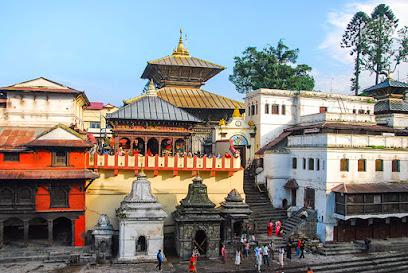
Kathmandu Durbar Square
Immerse yourself in the cultural heritage of Kathmandu at the stunning Durbar Square, a UNESCO World Heritage Site filled with history and artistry.
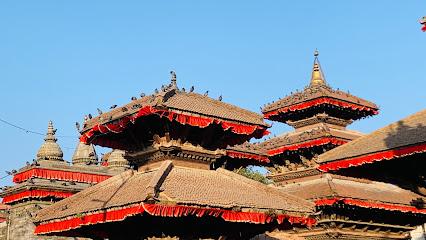
Bhaktapur Durbar Square
Discover the cultural treasures of Bhaktapur Durbar Square, a UNESCO World Heritage Site filled with stunning architecture and vibrant local life.
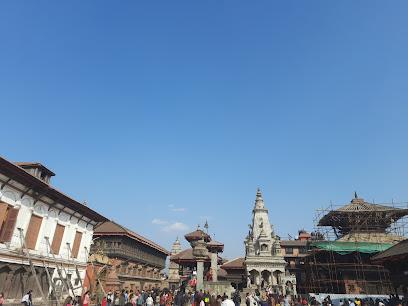
Buddha Stupa
Discover the spiritual heart of Kathmandu at the iconic Buddha Stupa, a UNESCO World Heritage site rich in culture and tradition.
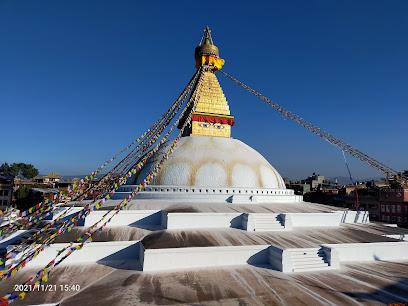
Swoyambhu Mahachaitya
Experience the spiritual and cultural richness at Swoyambhu Mahachaitya, a breathtaking Buddhist stupa in Kathmandu, offering stunning views and peace.
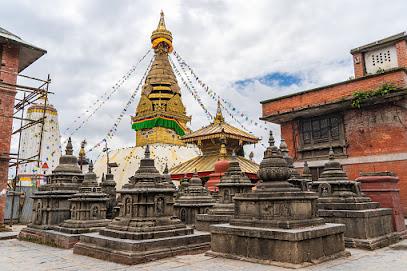
Ratna Park
Discover the tranquility of Ratna Park, a lush green haven in the heart of Kathmandu, perfect for relaxation and cultural immersion.
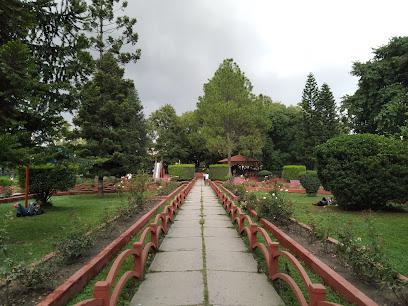
Garden of Dreams
Discover tranquility and elegance at the Garden of Dreams in Kathmandu, a neo-classical oasis amidst the vibrant city life.
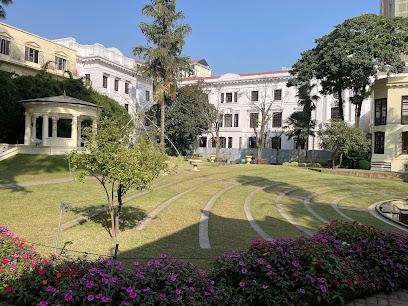
Budhanilkantha Temple
Explore the tranquil beauty of Budhanilkantha Temple, a spiritual haven nestled at the foothills of Shivalkharka, offering cultural insights and serene experiences.
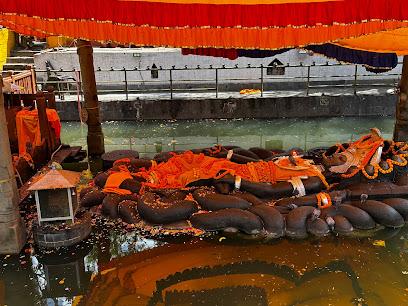
Chandragiri Cable Car Top Station
Experience breathtaking views from the Chandragiri Cable Car Top Station, where adventure meets spirituality in the heart of the Himalayas.
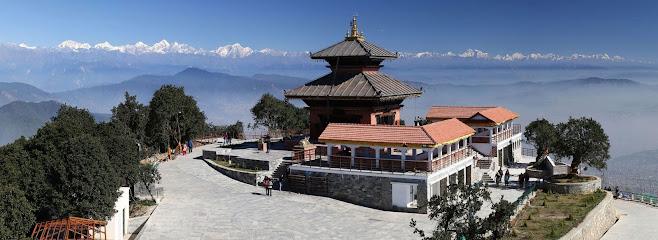
Krishna Mandir
Experience the spiritual beauty and architectural wonders of Krishna Mandir, a must-visit Hindu temple in Lalitpur, Nepal.
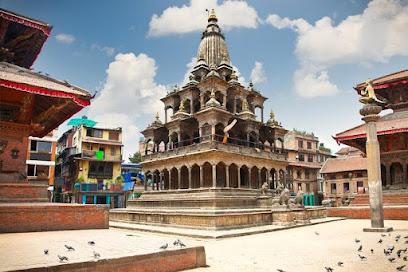
Swayambhu Buddha Park - Ring Road
Experience the serenity of Swayambhu Buddha Park, a cultural gem in Kathmandu offering stunning views, rich history, and a unique spiritual ambiance.
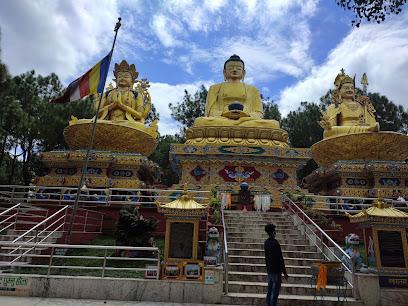
Central Zoo
Explore the beauty of wildlife at Lalitpur's Central Zoo, a family-friendly destination filled with diverse animal species and conservation education.
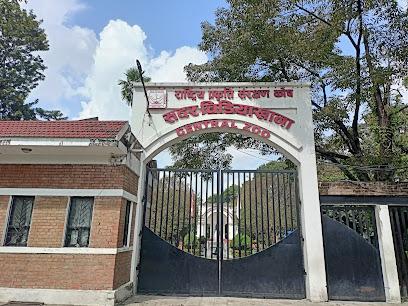
Shivapuri Nagarjun National Park
Explore the lush beauty and diverse wildlife of Shivapuri Nagarjun National Park, a tranquil escape just outside Kathmandu, Nepal.
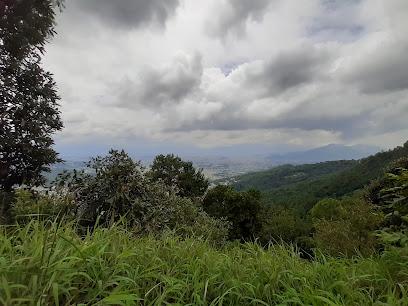
Dakshinkali Temple
Experience the spiritual essence of Nepal at Dakshinkali Temple, a revered Hindu shrine surrounded by stunning landscapes and rich cultural traditions.
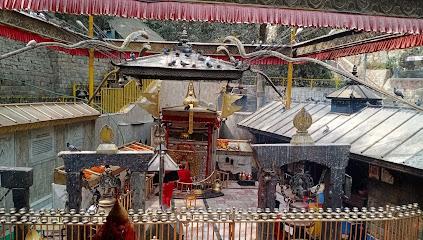
Narayanhiti Royal Palace
Explore the regal heritage of Nepal at Narayanhiti Royal Palace, a captivating museum in Kathmandu offering a glimpse into the grandeur of royal life.
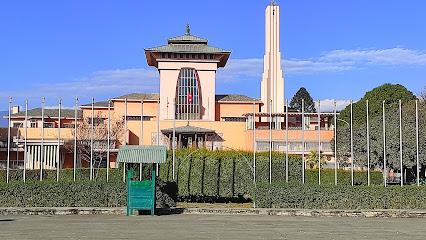
Essential places to dine
Dhokaima Cafe
Discover the flavors of Nepal at Dhokaima Cafe – where tradition meets contemporary dining in Lalitpur.
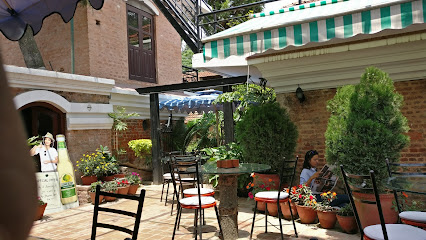
Cafe De Patan
Discover authentic Newari and Nepali cuisine at Cafe De Patan in Lalitpur – where tradition meets taste.
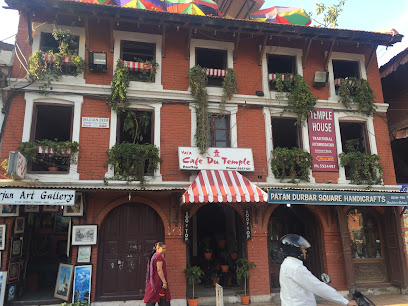
El Mediterraneo
Discover authentic Spanish and Mediterranean cuisine at El Mediterraneo in Lalitpur – where every meal is a celebration of flavor.
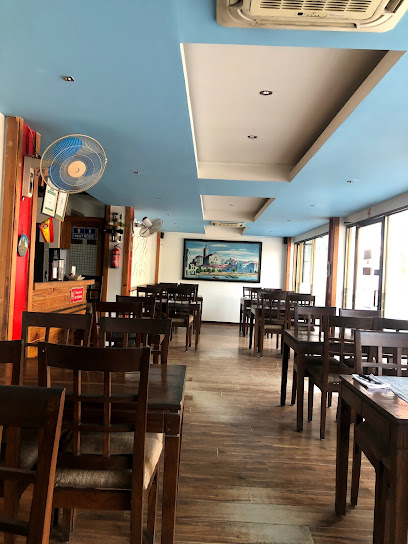
Honacha
Experience authentic Nepali flavors at Honacha in Lalitpur - where tradition meets taste!
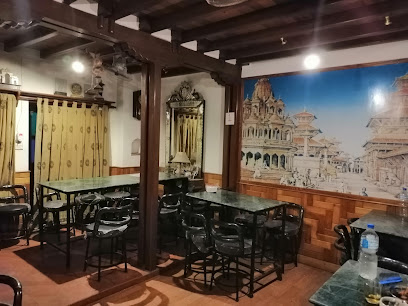
The Yellow House
Discover exquisite flavors at The Yellow House in Lalitpur, where local ingredients meet culinary creativity in a cozy setting.
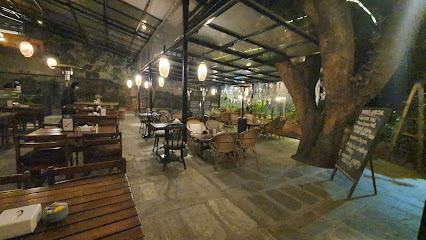
Drishya Restaurant
Discover authentic Nepali flavors at Drishya Restaurant in Lalitpur - a culinary haven blending tradition with modern dining.
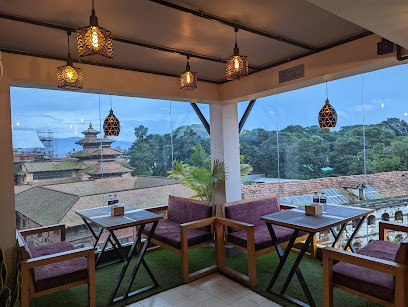
Yala Garden Cafe & Restro
Experience culinary bliss at Yala Garden Cafe & Restro near Golden Temple; enjoy local flavors in a serene garden setting.
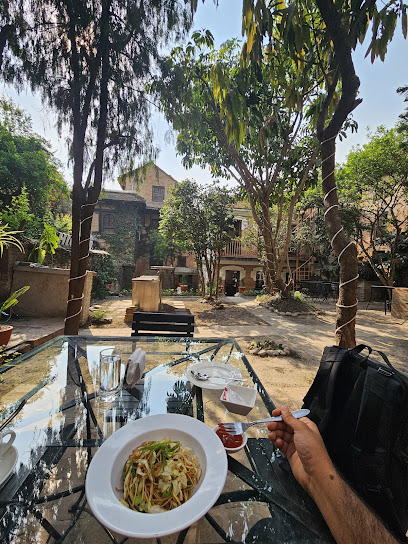
Mama Sekuwa (Homangsa)
Experience authentic Nepalese cuisine at Mama Sekuwa in Lalitpur, known for its flavorful grilled meats and inviting atmosphere.
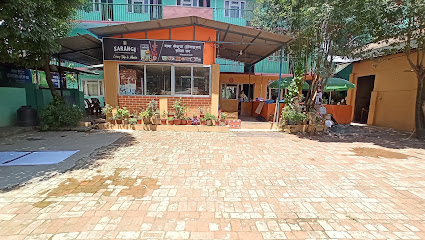
Weavers Inn
Discover authentic Nepali flavors at Weavers Inn in Lalitpur - where tradition meets taste in every dish.
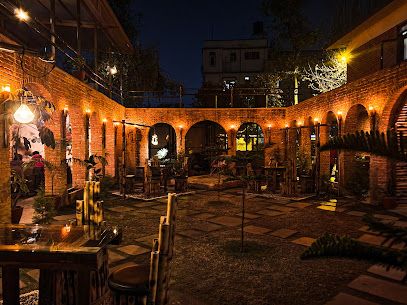
Tareba Restaurant and Sekuwa Ghar
Discover authentic Nepali cuisine at Tareba Restaurant and Sekuwa Ghar in Lalitpur - where tradition meets taste.
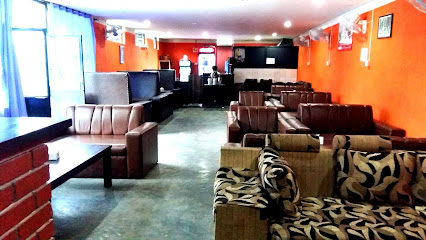
Cafe Du Temple Lalitpur
Discover the flavors of Lalitpur at Cafe Du Temple - where tradition meets taste in a cozy atmosphere.
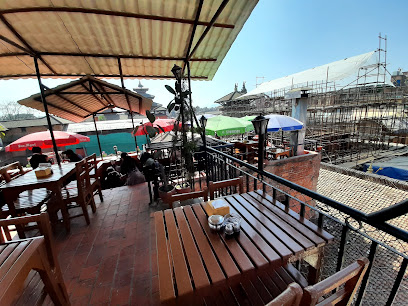
Cafe Timila
Experience authentic flavors at Café Timila, where local culture meets culinary excellence in Lalitpur.
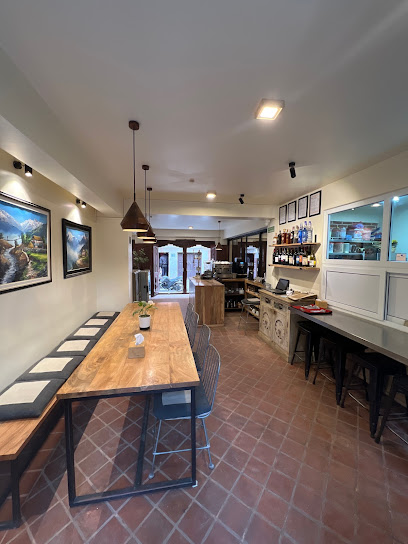
De Pizza Square
Experience authentic Italian cuisine at De Pizza Square in Lalitpur, where delicious pizza meets vibrant local culture.
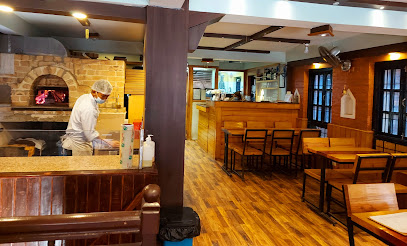
Patan Heritage Home & Restaurant
Discover authentic Nepalese flavors at Patan Heritage Home & Restaurant, where culinary tradition meets rich cultural heritage in Lalitpur.
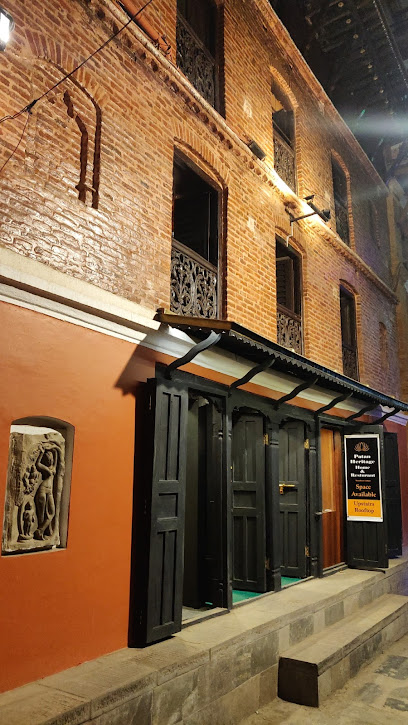
Frenzie Fries - Pimbahal
Discover the ultimate fry experience at Frenzie Fries in Lalitpur, where local flavors meet delicious comfort food.
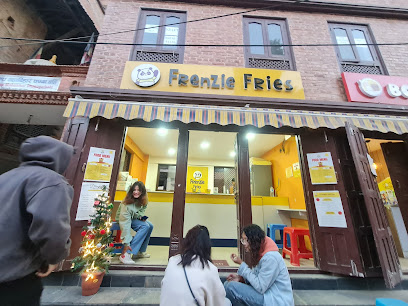
Markets, malls and hidden boutiques
Labim Mall
Experience the best of shopping, dining, and entertainment at Labim Mall in Lalitpur, a vibrant hub for tourists and locals alike.
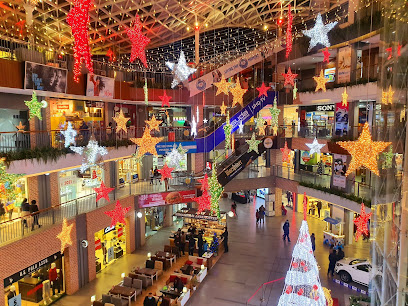
The Khukuri House (KHHI nepal)
Explore The Khukuri House in Lalitpur, where traditional Nepalese craftsmanship meets modern artistry in exquisite knife making.
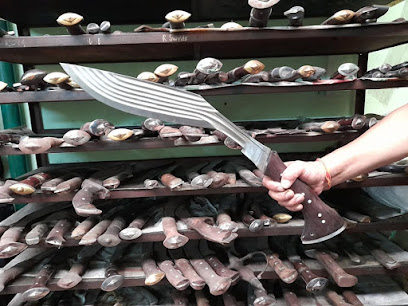
RedVelvet
Explore RedVelvet in Lalitpur for an exquisite selection of clothing, cosmetics, and accessories that embody style and sophistication.
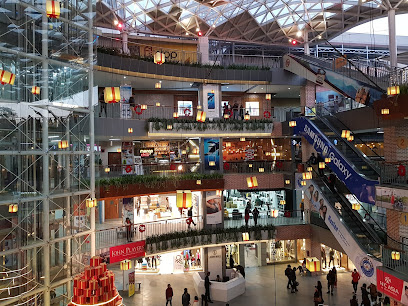
Patan Book Shop
Discover a treasure trove of literature at Patan Book Shop, a must-visit destination for book lovers in Lalitpur, Nepal.
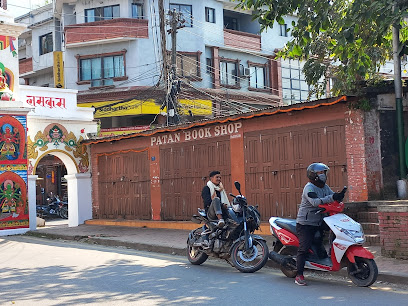
Dhukuti
Discover the charm of Dhukuti, Lalitpur's premier shopping mall for unique crafts and souvenirs, reflecting Nepal's rich culture.
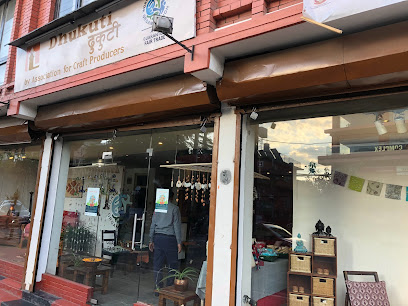
Mahaguthi Craft with Conscience
Explore the vibrant world of handcrafted artistry at Mahaguthi Craft with Conscience in Lalitpur, a unique shopping destination for authentic Nepalese souvenirs.
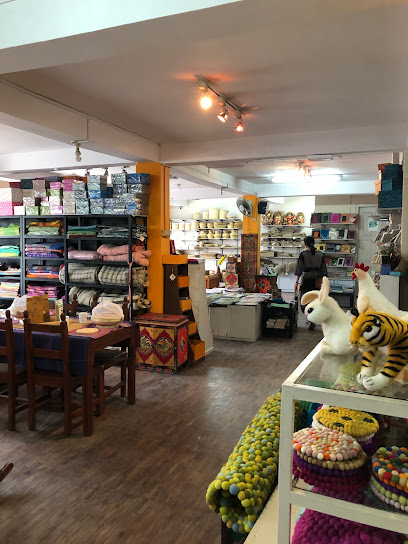
Everest Tea Shop and Handicrafts
Discover the authentic flavors of Nepal at Everest Tea Shop and Handicrafts, where exquisite teas and traditional handicrafts come together.
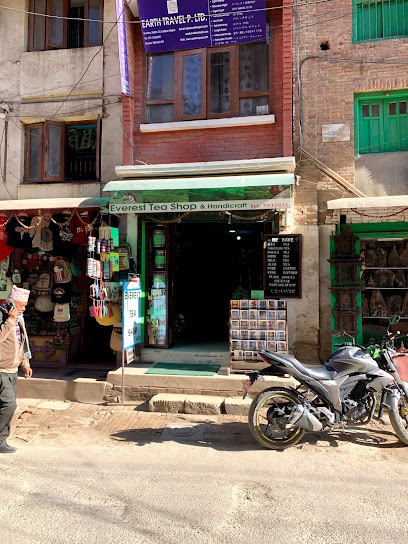
Om Handicrafts
Experience the artistry of Nepali handicrafts at Om Handicrafts in Lalitpur, where tradition meets creativity for an unforgettable shopping journey.
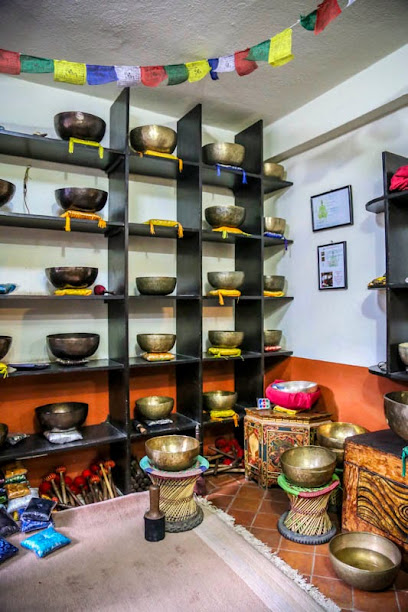
PATAN TRADERS
Explore Patan Traders, where traditional elegance meets modern fashion in the heart of Lalitpur, Nepal.
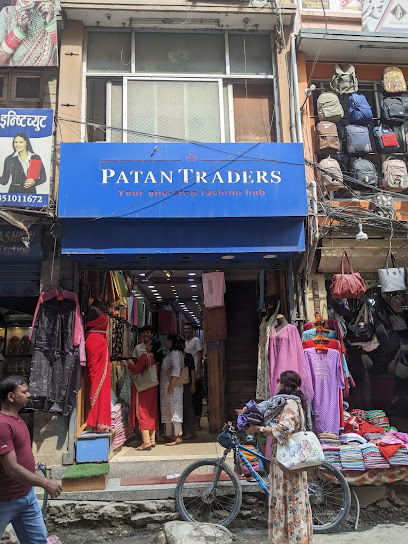
Vast Handicraft
Discover unique artisanal trophies and handcrafted souvenirs at Vast Handicraft in Lalitpur, a true reflection of Nepalese culture and artistry.
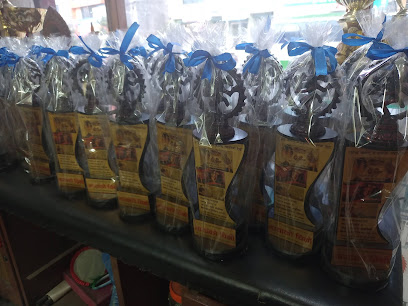
Unique shop
Explore Kathmandu's hidden fashion gem, where unique styles meet traditional craftsmanship in a vibrant setting.
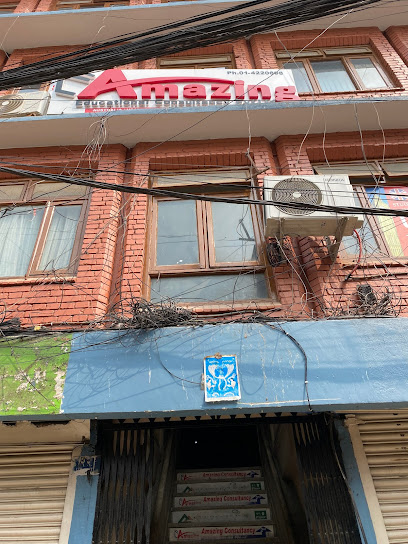
DIVA Boutique
Explore the finest women's fashion at DIVA Boutique in Lalitpur, where local culture meets contemporary style in a vibrant shopping experience.

e-Shopping Nepal
Explore e-Shopping Nepal in Lalitpur for authentic Nepali handicrafts, unique souvenirs, and a vibrant shopping experience.
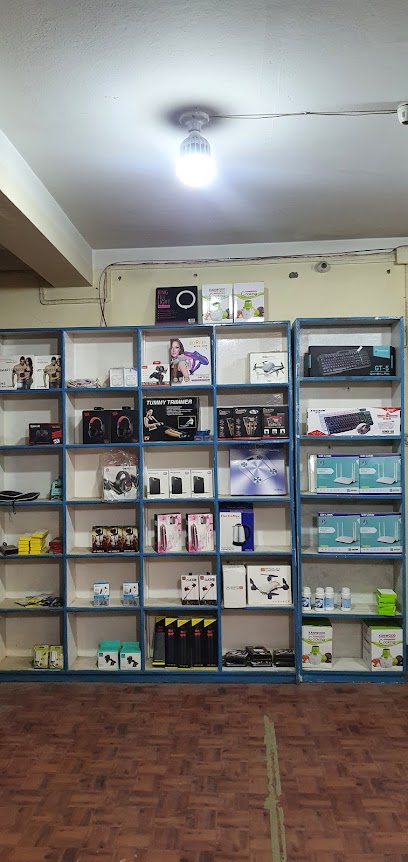
Urban Bazar
Discover Urban Bazar in Lalitpur, where unique furniture and home decor meet rich Nepalese craftsmanship for an unforgettable shopping experience.
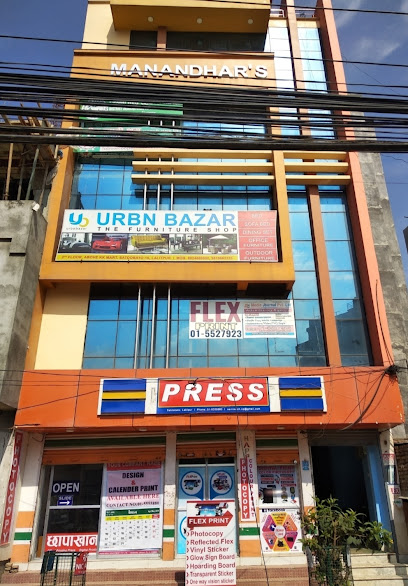
KOSELI GHAR
Explore Koseli Ghar: A delightful gift shop in Lalitpur offering unique handcrafted souvenirs that embody the spirit of Nepal.
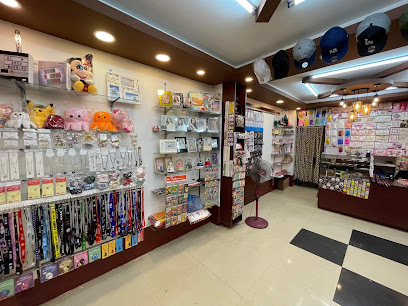
Essential bars & hidden hideouts
Moksh Bar
Discover the vibrant nightlife of Lalitpur at Moksh Bar, where exquisite drinks meet an unforgettable atmosphere.
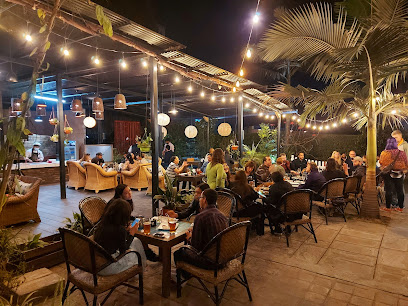
The Ai-la Lounge
Experience the best of Lalitpur’s culinary scene at The Ai-la Lounge, where traditional flavors meet modern dining in a cozy atmosphere.

Coffee Tea & Me
Discover the cozy charm of Coffee Tea & Me in Lalitpur, where exceptional coffee and tea meet a welcoming atmosphere for all travelers.
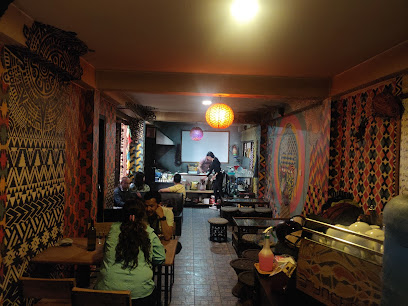
Bikalpa Art Cafe & Bar
Experience the vibrant fusion of art and relaxation at Bikalpa Art Cafe & Bar in Lalitpur, where local culture meets delightful beverages.
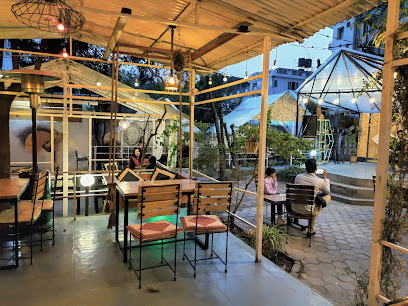
Black Pepper Cafe & Pub
Discover the vibrant flavors and lively entertainment at Black Pepper Cafe & Pub, a must-visit destination in Lalitpur for food and fun.
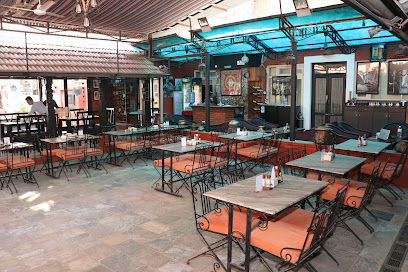
TITOS PUB N LOUNGE
Discover the lively atmosphere of TITOS PUB N LOUNGE in Lalitpur, where live music, karaoke, and great drinks combine for an unforgettable night out.
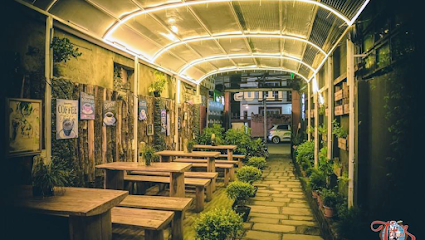
Bunker Hill Pub
Discover the vibrant atmosphere and delicious flavors of Bunker Hill Pub in Lalitpur, where local charm meets international cuisine.
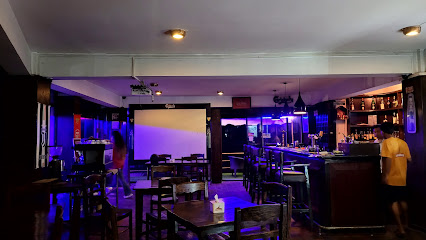
View Brew Café, Rooftop Restaurant & Bar
Experience the best of Lalitpur at View Brew Café, where breathtaking views and delicious cuisine come together in perfect harmony.
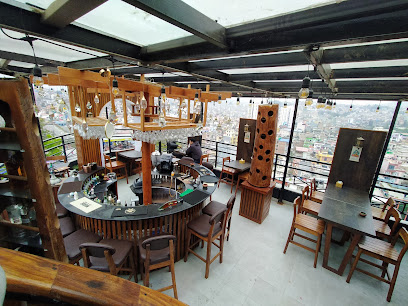
Botanist
Experience the vibrant nightlife of Kathmandu at the Botanist, where exquisite drinks and a cozy ambiance await you.
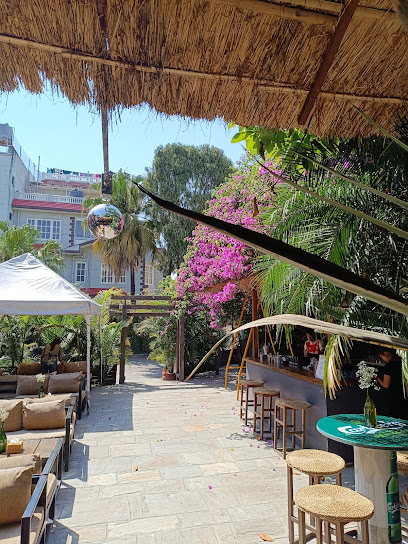
Watering Hole Gastro Pub
Discover the vibrant flavors and lively atmosphere at Watering Hole Gastro Pub in Lalitpur, a must-visit destination for food and drink enthusiasts.
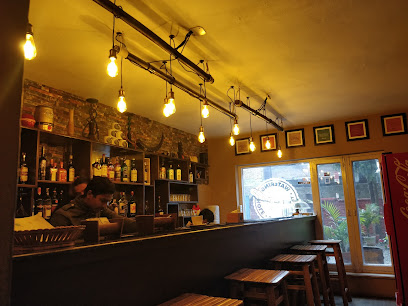
Pauline’s Jhamsikhel
Experience the vibrant nightlife of Lalitpur at Pauline’s Jhamsikhel, where expert mixology meets a welcoming atmosphere.
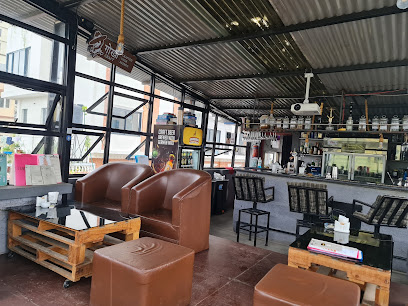
Nepal Micropub Jhamsikhel
Discover the lively atmosphere of Nepal Micropub Jhamsikhel, where local brews meet unforgettable experiences in the heart of Lalitpur.
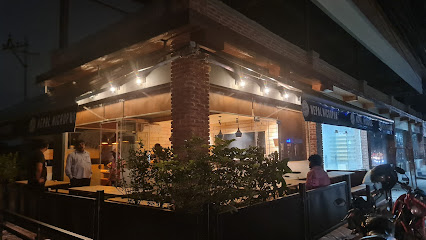
Brewpublic
Discover Brewpublic in Lalitpur: a craft beer haven with a cozy ambiance and a diverse selection for every palate.
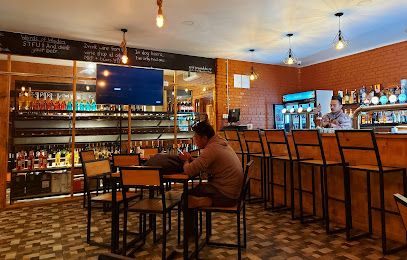
Jhamel Pub
Experience the vibrant nightlife at Jhamel Pub in Lalitpur, where local culture meets modern fun through delicious food and refreshing drinks.
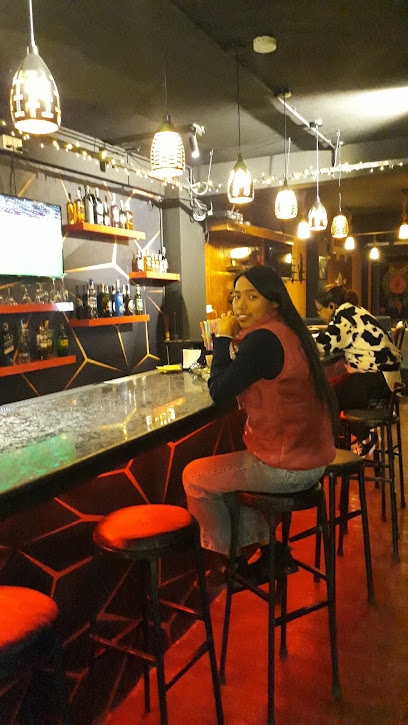
Local Phrases
-
- Helloनमस्ते
[namaste] - Goodbyeछोरा
[chora] - Yesहो
[ho] - Noहोइन
[hoin] - Please/You're welcomeकृपया
[krupaya] - Thank youधन्यवाद
[dhanyavad] - Excuse me/Sorryक्षमा गर्नुहोस्
[kshama garnuhos] - How are you?तपाईंलाई कस्तो छ?
[tapailai kasto cha?] - Fine. And you?राम्रो छ। तपाईं?
[ramro cha. tapai?] - Do you speak English?तपाईं अंग्रेजी बोल्नुहुन्छ?
[tapai angreji bolnuhuncha?] - I don't understandमलाई सम्झिन्छैन
[malai samjhinchhain]
- Helloनमस्ते
-
- I'd like to see the menu, pleaseकृपया मेनु हेर्न चाहन्छु
[krupaya menu hernu chahanchu] - I don't eat meatम भांसाको मांस खाँदिन
[ma bhasako maans khandina] - Cheers!चियर्स!
[cheers!] - I would like to pay, pleaseकृपया भुक्तानी गर्न चाहन्छु
[krupaya bhuktaani garne chahanchu]
- I'd like to see the menu, pleaseकृपया मेनु हेर्न चाहन्छु
-
- Help!मदत गर!
[madat gar!] - Go away!चले जाऊ!
[chale jau!] - Call the Police!प्रहरीलाई फोन गर!
[praharilai phone gar!] - Call a doctor!डाक्टरलाई फोन गर!
[daktarlai phone gar!] - I'm lostम बिर्सेको छु
[ma birseko chu] - I'm illमलाई बिरामी छ
[malai birami cha]
- Help!मदत गर!
-
- I'd like to buy...म खरीद गर्न चाहन्छु...
[ma khareed garne chahanchu...] - I'm just lookingम सिर्जना गर्दैछु
[ma sirjana gardaichu] - How much is it?यो कति हो?
[yo kati ho?] - That's too expensiveत्यो धेरै महँगो छ
[tyo dherai mahango cha] - Can you lower the price?के तिमी मूल्य हाल्न सक्छौ?
[ke timi mulya haalna sakchau?]
- I'd like to buy...म खरीद गर्न चाहन्छु...
-
- What time is it?कति बज्यो?
[kati bajyo?] - It's one o'clockएक बज्यो
[ek bajyo] - Half past (10)दस बजे देखि आधा
[das baje dekhi aadha] - Morningबिहान
[bihan] - Afternoonदिउँसो
[diunso] - Eveningसाँझ
[sajh] - Yesterdayहिजो
[hijo] - Todayआज
[aaj] - Tomorrowभोलि
[bholi] - 1एक
[ek] - 2दुई
[dui] - 3तीन
[tin] - 4चार
[chaar] - 5पाँच
[paanch] - 6छ
[chha] - 7सात
[saat] - 8आठ
[aath] - 9नौ
[nau] - 10दश
[dash]
- What time is it?कति बज्यो?
-
- Where's a/the...?... कहाँ छ?
[... kaha cha?] - What's the address?ठेगाना के हो?
[thegana ke ho?] - Can you show me (on the map)?के तिमी मलाई देखाउन सक्छौ (नक्सामा)?
[ke timi malai dekhaun sakchau (naksama)?] - When's the next (bus)?अर्को (बस) कहिले छ?
[arko (bas) kahile cha?] - A ticket (to ....)एक टिकट (.... सम्म)
[ek ticket (.... samma)]
- Where's a/the...?... कहाँ छ?
History of Patan
-
Patan, also known as Lalitpur, is one of the oldest cities in Nepal, with its foundations laid during the reign of the Kirat Dynasty around the 3rd century BC. The city has a rich history that intertwines with the ancient cultures of the Kathmandu Valley, serving as a hub for Buddhist and Hindu traditions from its earliest days.
-
The Malla Dynasty, which ruled from the 12th to the 18th century, marked a period of prosperity and cultural renaissance for Patan. The city became a focal point for art, literature, and architecture. King Siddhi Narsingh Malla, in particular, is credited with constructing many of the city's iconic temples and buildings, including the Krishna Mandir and the Hiranya Varna Mahavihar (Golden Temple).
-
Patan is renowned for its exquisite Newar architecture, which flourished during the Malla period. The Patan Durbar Square, a UNESCO World Heritage Site, showcases the city's architectural grandeur with its array of temples, shrines, and palaces. Each structure, adorned with intricate carvings and woodwork, reflects the city's rich artistic heritage.
-
Patan holds immense religious significance for both Hindus and Buddhists. The city is home to over 1,200 monuments, including the Mahabouddha Temple, a terracotta masterpiece dedicated to the Buddha. Additionally, the city houses numerous bahals (courtyards) and chaityas (stupas), making it a pilgrimage site for devotees from across the region.
-
Historically, Patan was a bustling center of trade and commerce due to its strategic location along ancient trade routes. The city's artisans and craftsmen were renowned for their skills in metalwork, pottery, and weaving, contributing to Patan's reputation as a hub of traditional craftsmanship that continues to thrive today.
-
Patan is famous for its vibrant cultural festivals that reflect the city's rich traditions and heritage. The Rato Machhindranath Jatra, one of the longest and most important religious festivals in Nepal, celebrates the rain god Machhindranath. The festival involves a grand chariot procession through the streets of Patan, drawing thousands of participants and spectators.
-
While Patan is steeped in history, it has also embraced modernity. The city hosts numerous educational institutions, cultural centers, and art galleries, blending the old with the new. Despite facing challenges such as the 2015 earthquake, which caused significant damage to historical sites, Patan has shown remarkable resilience and continues to restore and preserve its cultural heritage.
Patan Essentials
-
Patan, also known as Lalitpur, is located in the Kathmandu Valley of Nepal. The nearest airport is Tribhuvan International Airport in Kathmandu, which is approximately 6 kilometers away. From the airport, you can take a taxi or use ride-sharing apps to reach Patan in around 20-30 minutes, depending on traffic. Additionally, local buses and microbuses operate between Kathmandu and Patan, offering a budget-friendly option.
-
Patan is well-connected by public transportation, including buses, microbuses, and taxis. Local buses and microbuses are the most economical way to get around, but they can be crowded. Taxis are readily available and can be hailed on the street or booked through ride-sharing apps. For a more immersive experience, consider renting a bicycle or a motorbike to explore the city's narrow streets and alleyways. Walking is also a great way to explore Patan, especially in the historic Durbar Square area.
-
The official currency in Nepal is the Nepalese Rupee (NPR). Credit cards are accepted in major hotels, restaurants, and shops, but it is advisable to carry cash, especially when visiting smaller establishments and local markets. ATMs are widely available in Patan, but it is a good idea to withdraw sufficient cash in Kathmandu if you plan to travel to more remote areas.
-
Patan is generally a safe destination for tourists. However, it is advisable to take standard precautions, such as avoiding walking alone at night in unfamiliar areas and keeping an eye on your belongings in crowded places. Be cautious in areas like Lagankhel and Mangal Bazaar, where pickpocketing can occur. Always be aware of your surroundings and avoid displaying valuable items openly.
-
In case of emergency, dial 100 for police assistance and 102 for medical emergencies. The Patan Hospital is a major medical facility in the area and can provide emergency care. It is recommended to have travel insurance that covers medical emergencies. For minor health issues, there are numerous pharmacies in Patan where you can purchase over-the-counter medications.
-
Fashion: Do dress modestly, especially when visiting religious sites. Avoid wearing revealing clothing. Religion: Do respect local customs and traditions. Always remove your shoes and cover your head when entering temples. Public Transport: Do be respectful and give up your seat to elderly passengers. Don't eat or drink on public transport. Greetings: Do greet people with a 'Namaste' by joining your palms together. A handshake is also acceptable among younger generations. Eating & Drinking: Do try local delicacies and accept food offerings graciously. Don't refuse hospitality, as it is considered impolite.
-
To experience Patan like a local, visit the local markets such as Mangal Bazaar, where you can buy fresh produce and traditional Nepali goods. Engage with locals, as they are often friendly and willing to share stories about the city's history and culture. Don't miss visiting the Patan Museum, which offers a deep dive into the art and architecture of the Kathmandu Valley. For a unique experience, attend one of the many traditional festivals, such as the Rato Machhindranath Jatra, which showcases the rich cultural heritage of Patan.
Trending Landmark in Patan
-
Patan Darbar Square
-
Krishna Mandir
-
Centralzoo
-
Shree Bagalamukhi Temple
-
Patan Museum
-
Hanuman Dhoka
-
Hiranya Varna Mahavihar
-
Yala Dhwakha - Patan Dhoka
-
Oku Bahal Rudra Varna Mahavihar
-
Balkumari Temple
-
Mahabodhi Temple
-
Arun Thapa Statue
-
Yala Mandala
-
Ashok Stupa Ibahi Thura - Northern Stupa
-
Kandevta Temple
Nearby Cities to Patan
-
Things To Do in Kathmandu
-
Things To Do in Bhaktapur
-
Things To Do in Nagarkot
-
Things To Do in Gorkha
-
Things To Do in Bandipur
-
Things To Do in Chitwan
-
Things To Do in Namche Bazaar
-
Things To Do in Pokhara
-
Things To Do in Patna
-
Things To Do in Lumbini
-
Things To Do in Darjeeling
-
Things To Do in Siliguri
-
Things To Do in Gangtok
-
Things To Do in Varanasi
-
Things To Do in Paro

















